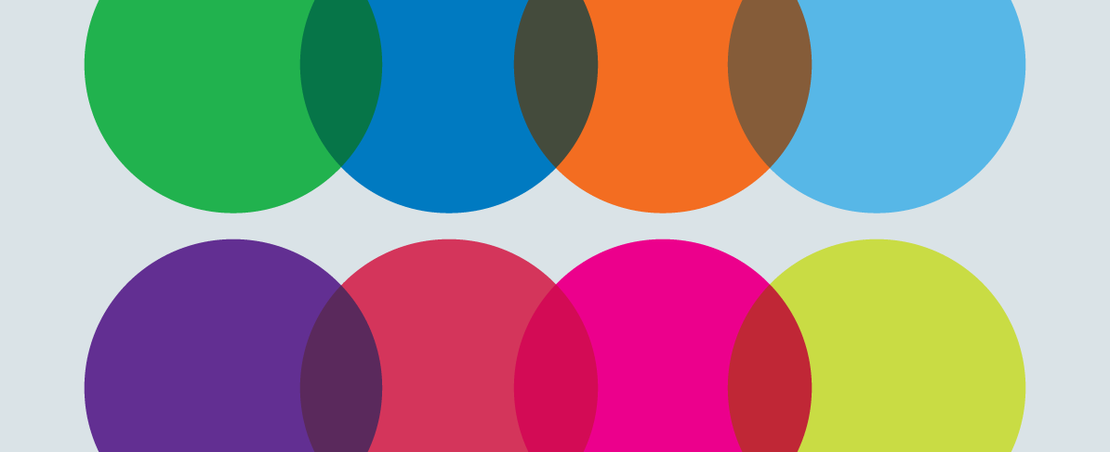
Guest blog from Sam Brown and Alex Mecklenburg of Consequential.
The Omidyar Network recently published a reflection article about the last year in responsible technology in which they noted that ‘2020 marked a monumental shift for the movement as the techlash came of age’.
It’s been roughly 2 years now since Cambridge Analytica and the beginning of what came to be known as the ‘techlash’: an era when questioning the benefits of technology and the prevailing global mood about its creators became a mainstream activity.
In those early days, a flurry of individuals and organisations began to ask critical questions about how technology could be different, about how data could be used to create positive futures, and about how it could be misunderstood, mismanaged, or misused.
It was in the beginning of this sense-making and awakening that early tools, and methodologies like Consequence Scanning and the Data Ethics Canvas were created in order to provide tangible and replicable ways to ask important questions about tech products and data.
Both of these ethics tools are now stewarded by the Open Data Institute (ODI), and it’s time to revisit them; to ask about their impact and explore how they could become stronger together. It’s time to find out more about who in the tech sector is looking for practical ways to create change, and what drove them to seek support. To find out what has worked and not worked, and why. What are the challenges, what resonates?
Bringing experience in developing and using Consequence Scanning, Consequential will support the ODI to research these ethics tools and hear about the motivations and needs of those who want to use them to create change. We want to hear from the people who have sought these tools out - even if they didn’t use them. We want to hear from people who tried them out - even once - and what happened. We want to hear ideas about how they can be stronger together.
The goal of this collaboration is to help the ODI to determine how they can use these tools to create value and support decision makers with making the best use of data while minimizing harmful impacts.
Both Consequential and the ODI believe in outsized ambitions and creating an extraordinary future – for everyone. This project will aim high, and in doing so hopefully help to connect, equip and inspire people to feel safe that they are innovating with data ethically. To that end, the results of this research will be shared openly at the end of the project.
If you have ever heard of Consequence Scanning or the ODI Data Ethics Canvas, we want to hear from you - we will be respectful of your time and supportive of your needs. Get in touch with Sam Brown at Consequential: [email protected]
Help us create the second generation of these ethics tools for everyone to benefit from.